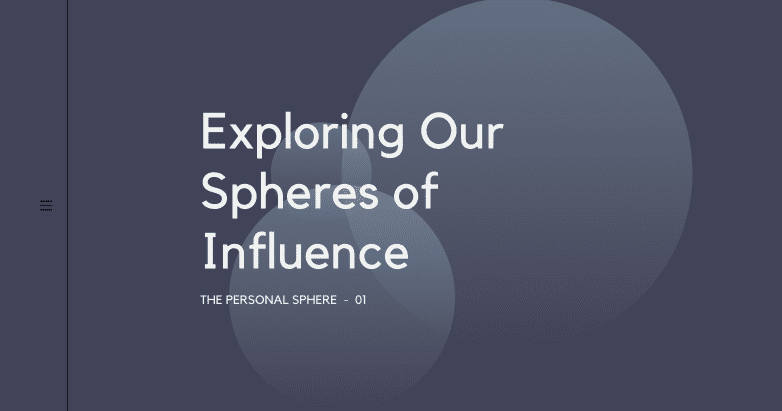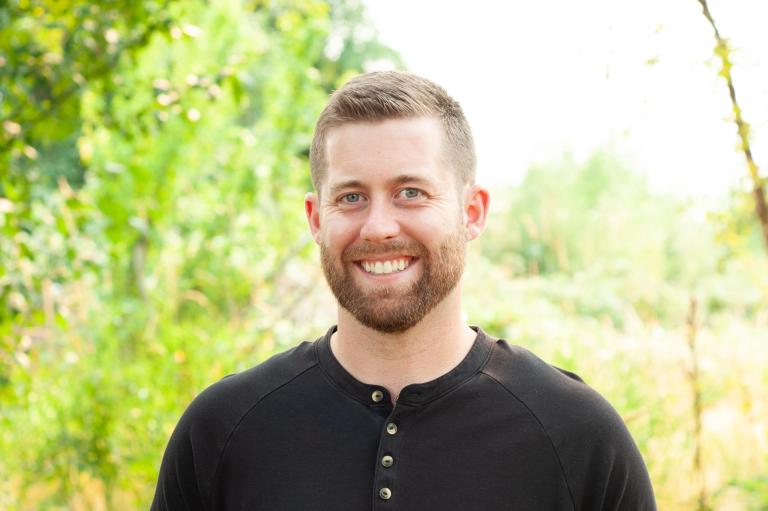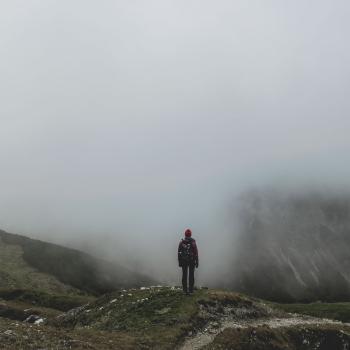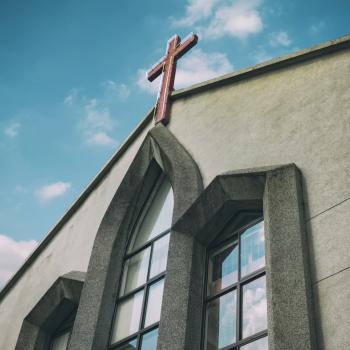
This is part one of a three-part series. You can find part two here and part three here.
For me, talking about politics and religion is a bit of a family tradition. Whenever we get together, it rarely takes more than 30 minutes before the conversation begins to weave together the political activities of the day and my dad’s latest religious and spiritual quandary.
Ah, the sounds of home.
I love that my family is so thoughtful and willing to talk about tough subjects. In the context of the past five years, this conversational freedom has allowed for us to ask each other questions about the nuances of our current culture, seek meaning and understanding in what’s going on in the broader world, and, at times, fiercely disagree and challenge each other’s conclusions. Unlike with so many families I know, the conversation is always open, meaning the door is always open to learning and growing together.
Understanding Our Spheres of Influence
Each of us has spheres of influence where our voice and our presence carry significant weight; it’s where we can cause real and meaningful change within relationships and networks we have. Or in other words, it’s where our spirituality and worldview have the greatest chance to impact the world around us.
It’s most often when we stretch beyond these spheres when we run into trouble:
- We attempt to create change without personally knowing anyone being harmed (often, this is how charity works);
- We attend a march or protest of a major, national issue, but leave without follow-up steps for our day-to-day life;
- We see a problem somewhere else and attempt to prescribe a solution.
(These three examples can fit into the TO/FOR dynamic I mentioned briefly here.)
My family is firmly located within my personal sphere of influence. They are the people closest to me, most likely to take my opinion seriously and let it impact their own ways of thinking. In the same way, I am in their personal spheres of influence: when my brother shares an idea, it often ruminates silently in me as I negotiate its validity in my life. This is a process I don’t enter into for just anyone.
Then, there are community spheres of influence. These might include our workplaces, faith communities, groups we’re members of, and boards we sit on. For me, I often see my activism and justice work taking form in the way I teach and mentor young people within the school setting.
On a larger level, our societal spheres of influence include ways in which we interact with our political and economic structures: advocating, protesting with others, organizing or participating in boycotts, and social justice volunteering. This isn’t protesting and going home; even here, it’s all about being in relationship.
Take a moment to think about your spheres of influence at each of these levels. By identifying our spheres, we can focus our justice work, and also notice the gaps we have.
My Personal Spheres of Influence
In my own life, there are two primary personal spheres of influence I can recognize.
The first is what I’ve already mentioned: my family. When we’re all together, there are plenty of opportunities for sharing and group-processing of what’s going on in our world.
My dad will often float a big-picture concern he’s wrestling with, connecting a political trend he sees with its religious undertones or implications.
My brother will share thoughts from his latest philosophical exploration or perhaps a conspiracy theory from the dark depths of Reddit.
My mom will witness both and then present a kind question or nuanced opinion that attempts to bring them both back down to reality from where their brains have taken them.
I’ll often sit calmly until I see an opening to ask a question or, when I’m not as calm, to offer a scathing critique of something my brother says. (I just can’t help it sometimes.)
The point is: in this small and intimate space is where each of our voices can make a big impact. It’s where I can share the realities of teaching in the Pandemic, the emotional toll the debate over Critical Race Theory continues to have on our teachers and students, especially those of color, and where I can propose action steps like my family making recurring donations to the Duwamish Tribe.
But my family is only one of my many personal spheres of influence. The other major personal sphere I exist within includes my closest friends.
Every few weeks, a group of friends and I get together on Zoom and we check-in with each other. We share how we’re feeling and what we’re currently wrestling with, often receiving questions from each other or asking for advice.
A few weeks ago, my brother said something to me that I vehemently disagreed with, but I didn’t know what to say in return; I did what many of us do in tense conversations – I froze.
I sat with that experience and then asked my friend group what I could have said differently. After listening to me retell the story and ask for their thoughts, I received several brilliant ideas for things I could say next time something like that happens.
By them being in my sphere of influence, I was also in theirs: in this moment, their voices led me to be better equipped to make a change in the world.
Who is in your personal sphere(s) of influence?
How are you allowing your voice to impact those spaces and how are your ears open to be impacted in those spaces?













